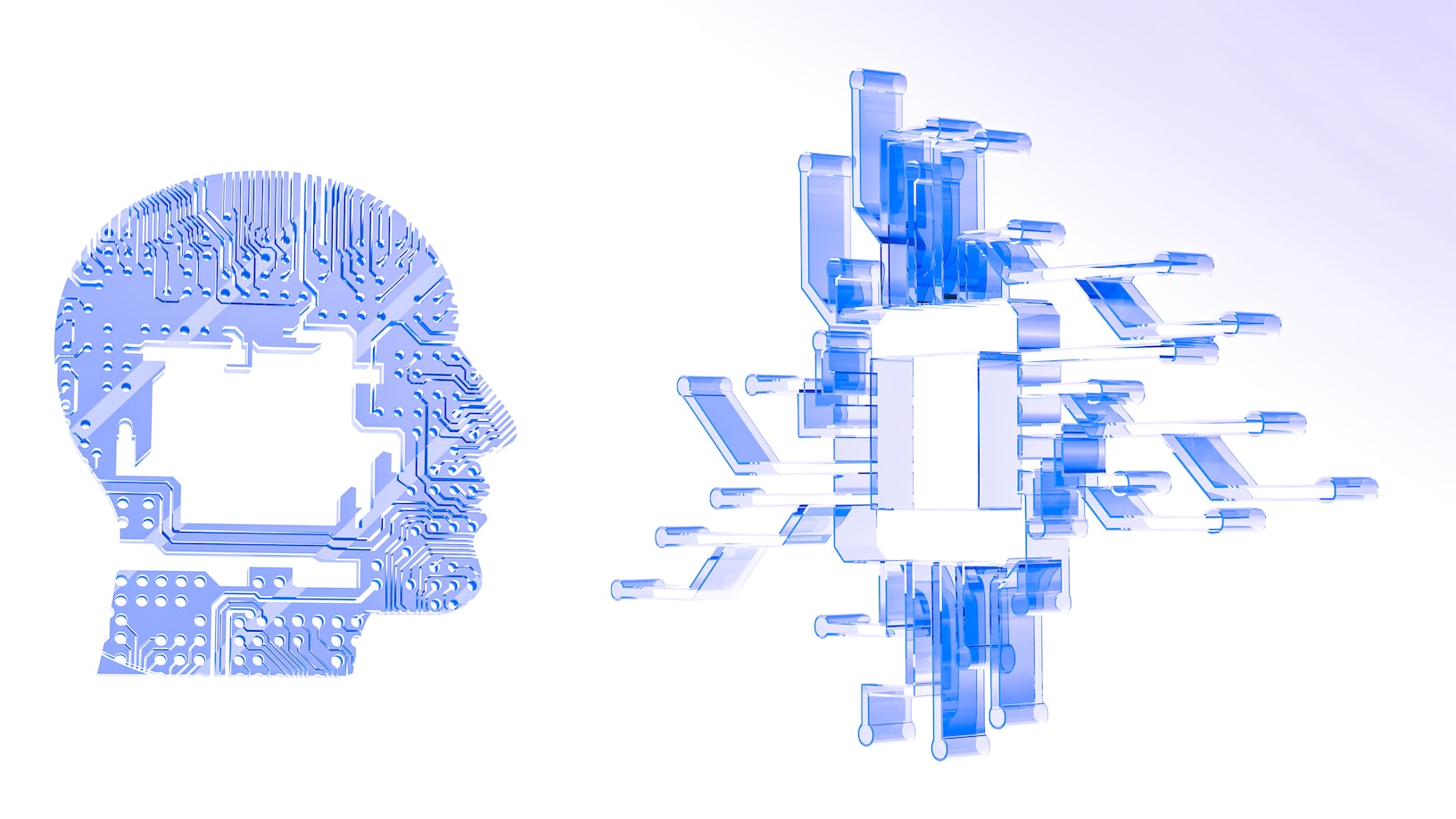
In recent years, artificial intelligence has made significant strides in transforming various aspects of our lives. From virtual assistants to chatbots, AI-powered technologies have become increasingly integrated into our daily routines. One such advancement is ChatGPT, a cutting-edge language model developed by OpenAI. Now, the Dutch government is taking a significant step by investing 13.5 million euros into creating a Dutch version of ChatGPT. This investment aims to leverage the power of AI to enhance communication, accessibility, and innovation in the Netherlands.
The road to innovation
Understanding the Dutch version of ChatGPT
Before delving into the Dutch government's investment, it's essential to grasp what ChatGPT is and how it functions. ChatGPT is a state-of-the-art natural language processing model designed to understand and generate human-like text. It uses deep learning techniques to analyze and generate text based on the input it receives. This model has proven to be incredibly versatile, offering applications in fields ranging from customer service to content generation.
Bridging the language gap
The Dutch government's investment in ChatGPT is primarily focused on bridging the language gap. While English-language AI models like ChatGPT have been widely used worldwide, the Netherlands recognizes the importance of having a Dutch-language version that can cater to the unique needs of its citizens. This investment signifies a commitment to making AI accessible and user-friendly for Dutch speakers. For example, you can use ChatGPT for building content about ‘’jaren 70 kleding’’ or ‘’hippie kleding’’ in the Dutch language.
The impact on accessibility
Enhancing Dutch language services
With a Dutch version of ChatGPT, the government aims to enhance accessibility to public services and information. Imagine being able to ask questions, seek assistance, or access information from government websites in Dutch using a chatbot that understands and responds accurately. This innovation will undoubtedly improve the experience of Dutch-speaking citizens when interacting with government agencies.
Empowering Dutch businesses
Furthermore, this investment will empower Dutch businesses to provide better customer support and engage with their clients more effectively. Customer service chatbots powered by ChatGPT can offer quick and accurate responses in Dutch, improving customer satisfaction and retention. It will also streamline processes and reduce the language barrier in international dealings.
The burst of possibilities
A catalyst for innovation
The infusion of 13.5 million euros into the Dutch version of ChatGPT serves as a catalyst for innovation. It opens up a world of possibilities for developers and entrepreneurs in the Netherlands. With access to a powerful language model, they can create innovative applications, develop new products, and explore unique use cases that cater specifically to Dutch-speaking users.
Customization and integration
One of the key advantages of ChatGPT is its adaptability. Developers can customize the model to suit various industries and applications. From healthcare to education, the Dutch version of ChatGPT can be integrated into a wide range of sectors, making it a versatile tool for problem-solving and communication.
Conclusion
The Dutch government's investment of 13.5 million euros in the Dutch version of ChatGPT represents a significant step towards harnessing the potential of AI to improve communication, accessibility, and innovation in the Netherlands. By creating a Dutch-language AI model, the government is not only bridging language barriers but also stimulating innovation and economic growth. This initiative holds the promise of a more connected, efficient, and accessible future for Dutch citizens and businesses.
